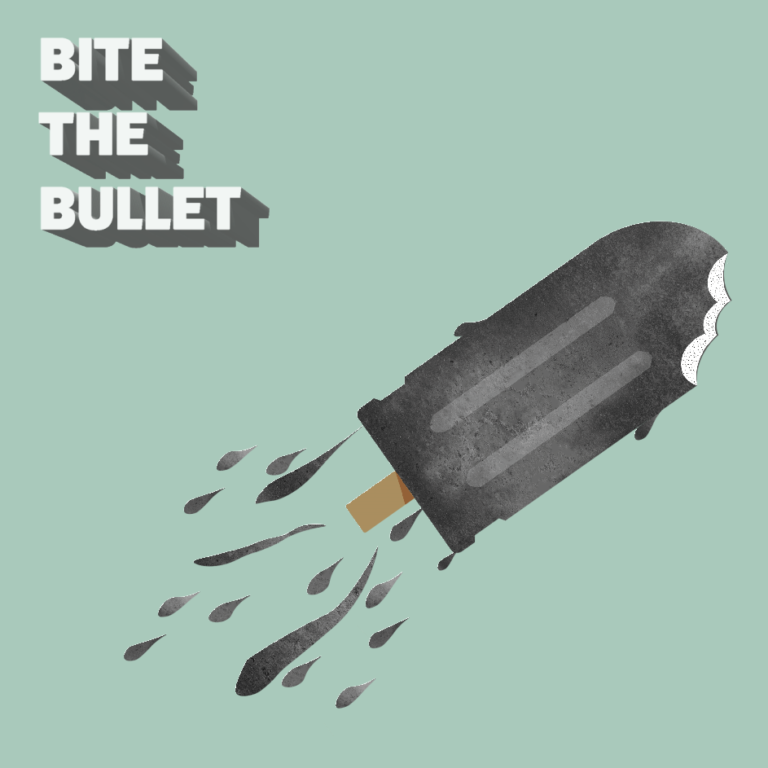


but what is equally interesting is a quote that OED referenced, which appears in John Russell Bartlett's Dictionary of Americanisms (c. "attack of hysteria," 1833, in conniption fit, American English, origin uncertain perhaps a fanciful formation related to corruption, which was used in a sense of "anger" from 1799, or from English dialectal canapshus "ill-tempered, captious," which probably is a corruption of captious. But how far back does the word conniption go and where'd it come from? The Online Etymology Dictionary has an answer! Well, now I know it pre-dates my mother by a long while. 1889) explains that conniption fit is "a synonym for hysteria." The dictionary continues: "A word common in New England and among the descendants of New Englanders in the State of New York. Let's take a closer look at it.Īmericanisms, Old and New by John Stephen Farmer (c. "Don't have a conniption fit," my mother would say when one of us kids was working up a good head of steam on a tantrum. This is by no means the first such literal use, just an example: “Brick” Pomeroy about schoolteachers disciplining children. We can see just such a literal use of the phrase in an 1869 bit of doggerel by journalist Marcus M. The metaphor underlying over a barrel is not known for certain, but it most likely is an allusion to strapping or holding a person over a barrel in order to flog them. has a slightly different take on the idiom, suggesting that although it's associated with punishment, it's not necessarily nautical in origin: Soon after that "over a barrel" took on the figurative meaning of "in trouble without any hope of deliverance." This usage is recorded in The Seattle Post-Intelligencer, January 1893, in a story of an unfaithful wife. An example of such a literal "over the barrel" experience was recorded in the Delaware newspaper The Daily Republican, July 1886, which reported the initiation ceremony of a college fraternity.

Either way, the position of helplessness and in being under someone else's control is what is being referred to. It alludes to the actual situation of being draped over a barrel, either to empty the lungs of someone who has been close to drowning, or to give a flogging. The Phrase Finder agrees that this phrase first appeared in the late-19th century, and notes that it is "American" in origin.
#Another phrase for biting the bullet movie#
The idiom over a barrel was used in the 1939 movie "The Big Sleep" in a context that suggested it referred to the barrel of a gun, though it was a pun. Most probably, both of these practices relate to a practice wherein sailors were punished on the high seas by being tied over barrels and flogged. Another theory is that is refers to a common hazing practice in college fraternities in the late eighteen-hundreds. One theory is that the idiom refers to the practice of draping a drowned man over a barrel in order to clear his lungs of water. Merriam-Webster Online Dictionary's definition is "at a disadvantage : in an awkward position." The Grammarist says that to have someone over a barrel means "to put someone in a helpless position, to put someone in a difficult situation." The origin? The Grammarist maintains it's "obscure," adding some possible theories: But just where did this phrase come from, and how long ago? I'm rolling up my Slang-o-rama sleeves and heeeere we go. When you find yourself over a barrel, it's not pleasant situation, that's for sure.


 0 kommentar(er)
0 kommentar(er)
